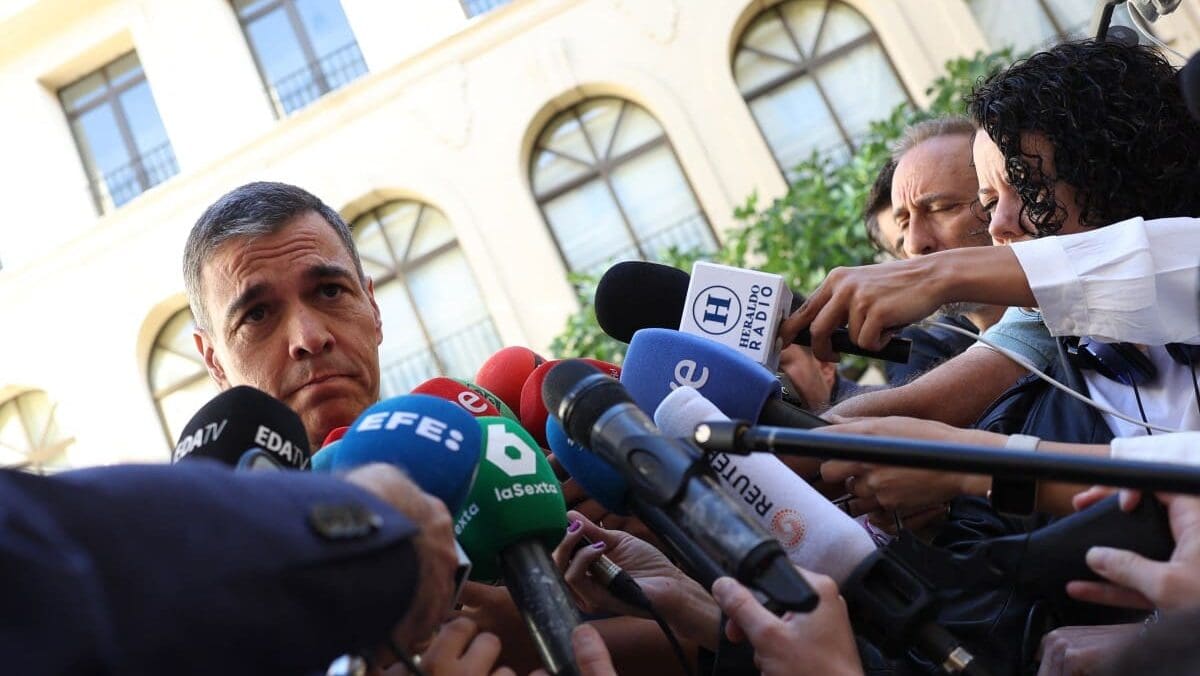
Spain’s centre-right Partido Popular (PP) has won the European Elections in the country, significantly increasing its vote share and piling pressure on the country’s left-wing government.
With 99% of votes counted, the PP won 34.2%, an increase of 14% over the last European Elections in 2019. The result gives them 22 seats in the European Parliament, up nine.
The governing socialist PSOE party finished second with 30.2%, down 2.7% on its 2019 performance and losing one seat.
Meanwhile, the right-wing VOX party increased its vote share by 3.4%, winning six seats, an increase of two. New anti-establishment party Se Acabó La Fiesta (The Party Is Over, SALF), founded by social media personality Alvise Pérez, also won 4.6% of the vote and three seats. Pérez was a prominent anti-lockdown campaigner and regularly rails against the “deep state.” He has been compared to El Salvador’s populist president Nayib Bukele and Argentina’s Javier Milei.
The Spanish press is painting the result as a victory for the PP—the party’s lead over the PSOE is double what it achieved in last year’s general election—but is pointing out how the governing socialist party’s vote appeared to hold up. This is partly due to the result in Catalonia, where the party increased its vote share thanks to the support of anti-separatist voters. The region’s main separatist party, Junts per Catalunya (Junts), had a bad result, losing half its vote share and two of its three seats.
Reuters reports that the combined Right, including SALF, won 50%, while the Left received 43%.
PP leader Alberto Núñez Feijóo called for the EU elections to be a referendum on prime minister Pedro Sánchez, who has been strongly criticised—including for corruption allegations against his wife and for granting a controversial amnesty to Catalan separatists in exchange for parliamentary support for his minority government.
Following the result, the PP called for a snap election, something Sánchez swiftly refused to grant.
